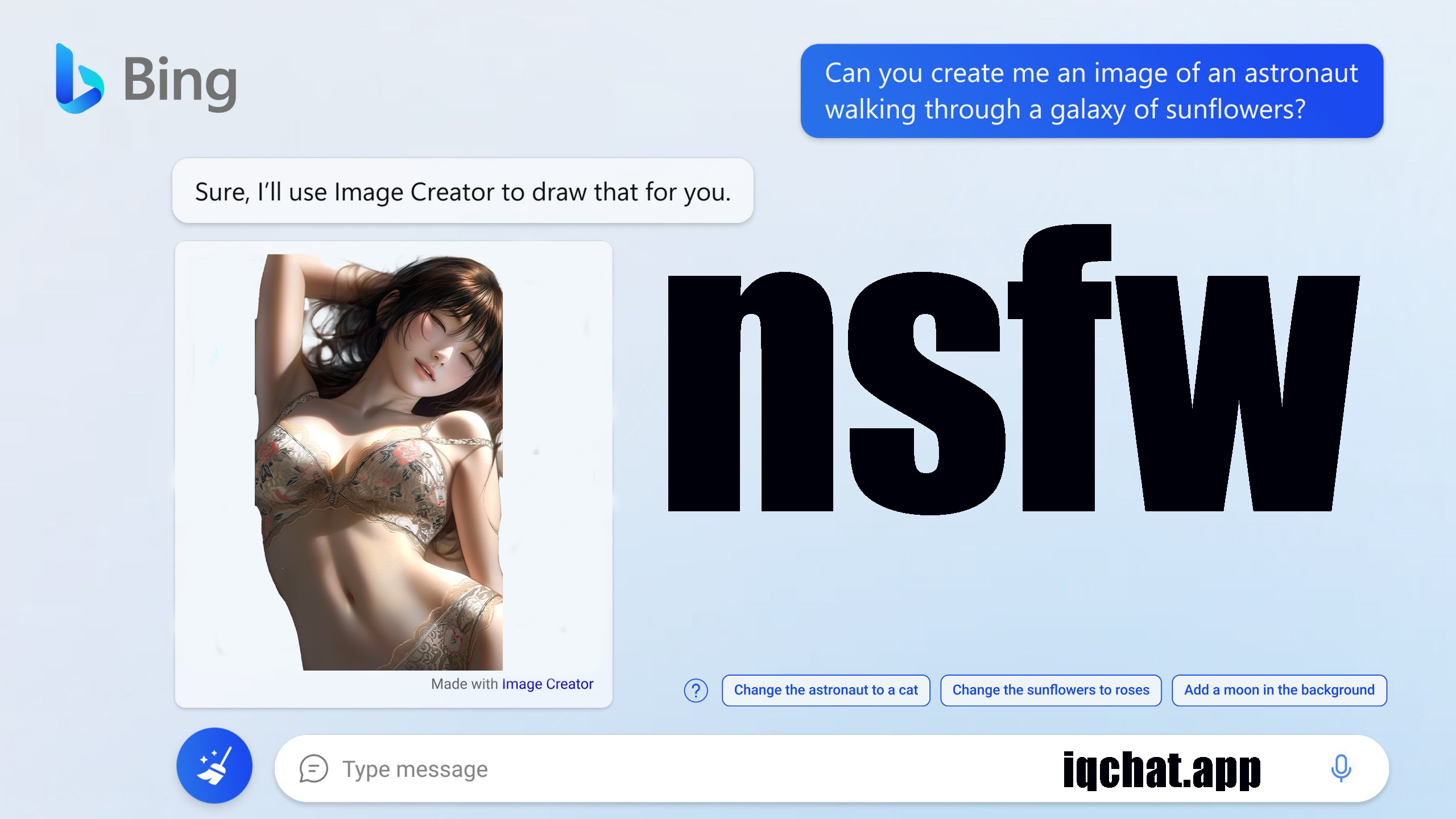Introduction
In the realm of artificial intelligence, the Turing Test has long stood as a benchmark for assessing a machine's ability to exhibit human-like intelligence. Recently, a new domain has emerged in AI development, focusing on NSFW (Not Safe For Work) character AI. This article explores whether these specialized AI models can pass the Turing Test, delving into their design, capabilities, and implications.
Understanding NSFW Character AI
What is NSFW Character AI?
NSFW character AI represents a niche in AI development focused on creating characters for adult-oriented content. These AI models are designed to simulate human-like interactions, behaviors, and even emotions, tailored to an adult audience. They often find applications in entertainment, virtual companionship, and online adult platforms.
Key Features and Capabilities
NSFW character AI boasts several unique features:
- Advanced Interaction: These AI models engage users with realistic dialogues and responses, adapting to user inputs dynamically.
- Emotional Intelligence: They exhibit a range of simulated emotions, enhancing the realism of interactions.
- Customizability: Users can often customize the AI's appearance and personality traits, tailoring the experience to their preferences.
The Turing Test and NSFW Character AI
The Basics of the Turing Test
The Turing Test, developed by Alan Turing in 1950, is a method for determining whether a machine can exhibit intelligent behavior indistinguishable from a human. If an AI can converse with a human without the human realizing they are interacting with a machine, it passes the test.
Application to NSFW Character AI
NSFW character AI presents unique challenges and opportunities in the context of the Turing Test. While these AI models are highly specialized, their focus on realistic, human-like interactions makes them potential candidates for passing the test.
Realism in Interactions
NSFW character AI's ability to simulate emotions and personalize interactions pushes the boundaries of AI realism. This aspect is crucial for passing the Turing Test, as the AI must convincingly replicate human conversational patterns and emotional responses.
Limitations and Challenges
Despite their advanced capabilities, NSFW character AIs face limitations. Their specialization in adult content may restrict their ability to engage in a broader range of topics, potentially hindering their performance in a standard Turing Test setup.

Implications and Ethical Considerations
Societal Impact
The development of NSFW character AI has implications for social dynamics, privacy concerns, and the nature of human-AI relationships. These AI models could influence how individuals interact with technology on a personal and emotional level.
Ethical Challenges
NSFW character AI raises ethical questions regarding consent, representation, and the potential reinforcement of harmful stereotypes. Addressing these issues is vital for responsible development and deployment of such technology.
Conclusion
NSFW character AI represents a fascinating intersection of AI and adult entertainment, with the potential to pass the Turing Test due to their advanced interaction and emotional intelligence capabilities. However, their specialized nature and the ethical concerns they raise warrant careful consideration and ongoing debate.